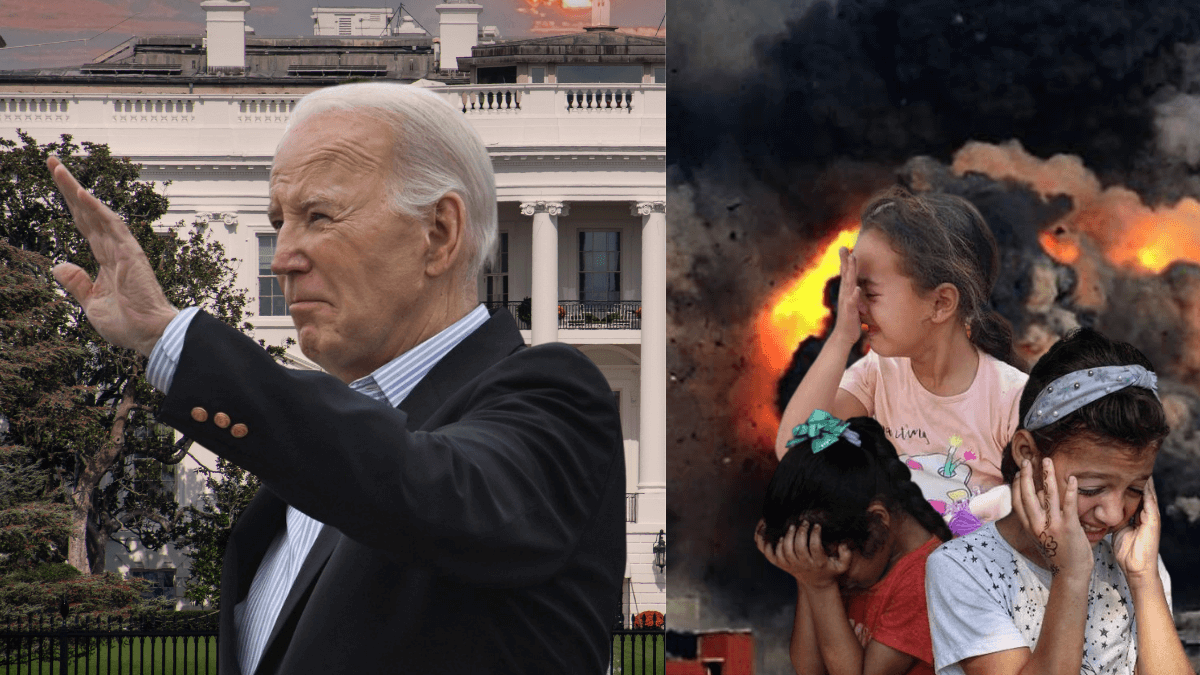Why Did Biden Open the SOTU With Ukraine & Close With Gaza?

President Joseph Biden faced a heady task as he delivered this year’s State of the Union address to Congress. He had to confront concerns about his age, anxiety about the economy, the dysfunctional environment created by Republican hyper-partisanship, and the ongoing threat to our democratic processes posed by a feared replay of the January 6th, 2021 insurrection.
As expected, commentators had differing views as to how successful he was at meeting the challenges before the country and his presidency, with partisan Democrats reading from Biden campaign talking points and Republicans glibly finding fault with the President’s every word.
An honest assessment, however, would suggest that Mr. Biden gave Democrats what they needed to campaign for his reelection, but did little to heal the partisan divide or advance any legislation currently blocked in Congress.
Given the magnitude of the domestic challenges that comprised the bulk of the President’s State of the Union address, it was strange that he chose to open and close his remarks with two foreign policy issues - both of which were dealt with quite unsatisfactorily.
He opened with the war in Ukraine comparing challenges facing the West’s democracies with the situation in Europe in the lead up to World War II. At best, this was an extreme overstatement. Russia’s Putin is no Hitler and the war in Ukraine is most certainly not a threat to the US and poses no serious challenge to any of Europe's NATO countries.
Russia has a particular grievance with regard to Ukraine, and while it has been important to defend that country’s territorial integrity, it can be done without exaggeration or making overblown inaccurate historical comparisons. And excessive rhetoric about how democracies are confronting authoritarianism is off-putting and more than a little disingenuous, since the European “democracies” in question were colonial powers in the 1940’s and among the world’s worst violators of rights.
It’s been two years now that the President has been using Churchillian or Reaganesque flourish to describe his recreation of the Cold War conflict with Russia and China. It may sound good to some in his inner circle, but it isn‘t registering with voters - with a significant percentage of both Democrats and Republicans not in support of sending more billions to fight a war in Ukraine.
If the Ukraine opening fell flat, the President’s closing treatment of Gaza hit with a thud. While Mr. Biden’s re-election effort will not be harmed by his support for Ukraine, results in some of this year’s early primaries are making it clear that his continued arming of Israel and refusal to condemn its genocidal policies in Gaza may cost him votes in November.
As a result, he felt compelled to address the issue, but his approach was, at best, confusing. His problem: he tried to square a circle. On the one hand, he pledged total support for Israel and its reputed “right to defend itself,” while also calling on Israel to demonstrate more concern for Palestinian civilians - calls which Israel has acknowledged but ignored for months.
Despite Mr. Biden noting Israel’s responsibility for the humanitarian crisis created in Gaza, instead of calling for a ceasefire and demanding that Israel pull back its forces, he pledged to build a floating port to bring needed supplies into Gaza.
For the most part, this proposal drew scorn. It was seen as unnecessary, since the problem of getting supplies into Gaza could be solved by joining the calls for a ceasefire. Additionally, it has been noted that in the two months time it would take to get the port operational, thousands of Palestinians will have died of starvation.

















